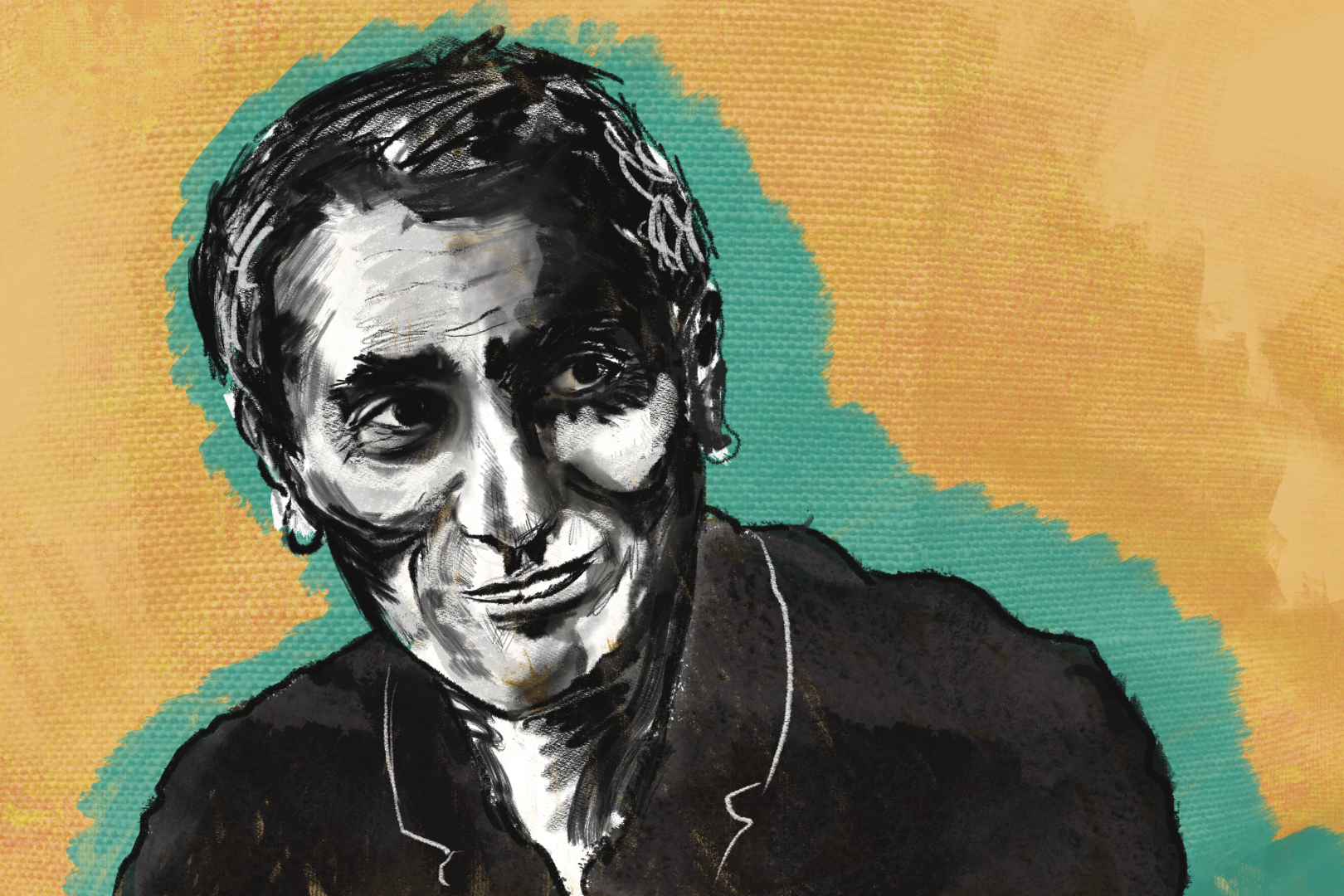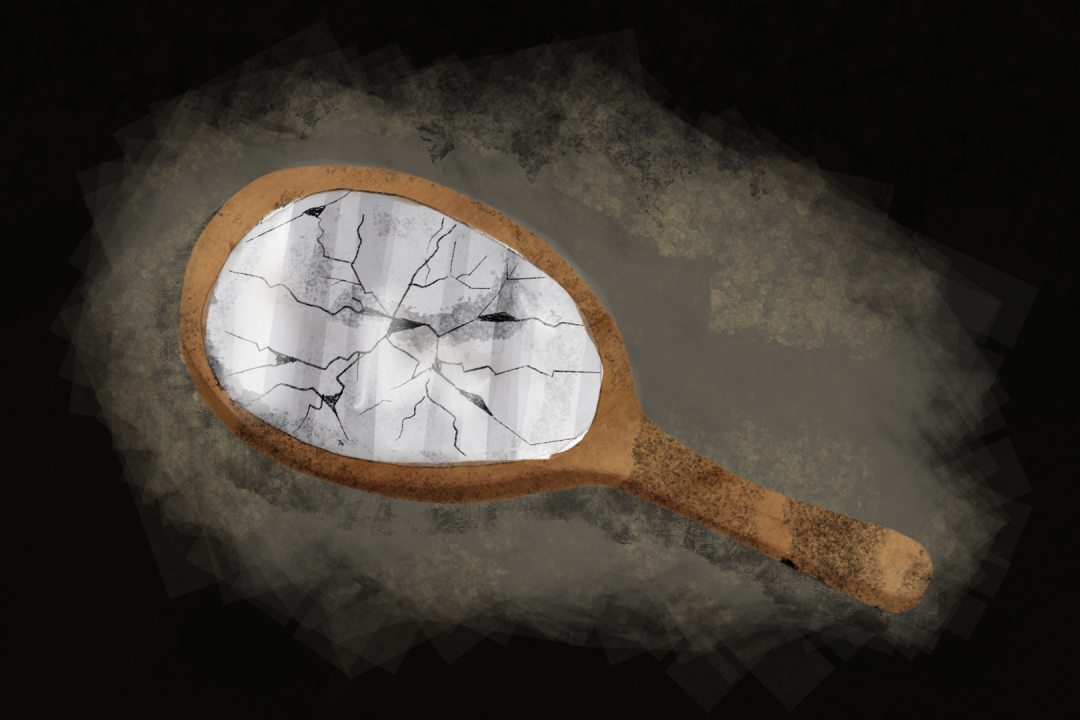
Yilmaz Güney - The father of Kurdish Cinema
By: Shler QadirYilmaz Güney (1937-1984) was a pivotal figure in early Kurdish cinema and is widely regarded as the "father of Kurdish cinema." From prison cell writing to becoming a well-known actor and film director, Yilmaz's interest in filmmaking began when he was twenty-one years old. He began working as an apprentice screenwriter and assistant to Atif Yilmaz, and soon he was appearing in around twenty films per year, later becoming a well-known Kurdish actor and director.
Early life and work
Yilmaz Güney was born into a working-class family in Yenice, Adana, Turkey on July 29, 1937. His father, Hamit Pütün, was a Zaza-Kurd and his mother, Güllü Pütün, was a Kurmancî-Kurd. He regarded himself as an “assimilated Kurd.” His parents moved to Adana where they worked as laborers in cotton fields. He studied law and economics at the University of Ankara and Istanbul. As evident from his filmography, Güney worked as an actor’s assistant before becoming a director. He first appeared as an actor in Atif Yilmaz's This Land’s Children then he started working with Atif Yilmaz as an apprentice screenwriter and assistant. He played the lead role in Atif Yilmaz’s 1958 film This Land’s Children and made his directing debut in the 1966 film, At Avrat Silah, in which he also served as director and lead actor, learning from his experiences in the industry rather than from any formal schooling in the country’s film schools.
Güney worked for nearly two decades and a half, directing around twenty films. He has also written many scripts and acted in many more and directed several TV series. He made his first film At Avrat Silah, or Horse, Woman, Gun, it’s a story about the main character Alicik, who was raised on the mountain like a son, who crosses paths with a pristine mayfly. The two's love for one another makes life difficult. Five years later, Güney directed another film called Umut (1970) in which an illiterate horse taxi driver named Cabbar, performed by Güney, is instructed to use the proceeds of an old phaeton with two worn-out, half-dead horses to support his large Kurdish family. The family struggles to survive in filthy, wet quarters while Cabbar's business is not doing well. Despite his debt, he keeps buying lottery tickets, which are his only remaining source of hope. He ventures into the desert searching for a fabled sunken treasure after a luxurious Mercedes parked next to the sidewalk struck the horse. Cabbar is left weak after the incident and realizes that the "poor and strong" benefit from the current order. The film concludes with an interesting and memorable scene in which Cabbar, who has abandoned his wife, children, and mother in the pursuit of treasure, opens his hands to a God he does not know and begins to turn around in the middle of arid lands. He's gone insane. The film was banned by Turkey's Film Control Commission at the time of its initial release, but went on to win prizes at the second prize in the Adana Golden Boll Film Festival, the seventh in the Antalya Golden Orange Film Festival, and was screened at the 23rd Cannes Film Festival in 1970.
One of Güney’s greatest and most famous films, Yol (1982), follows the story of three families searching for freedom. When five Kurdish inmates are given a week of home leave, they are shocked to learn that their family, the community, and the government still oppress them outside of prison. Yilmaz wrote Yol while he was still imprisoned as a political prisoner. Güney meticulously developed the screenplays for three films and then used couriers to handle the casting and the shooting. The majority of Yol was reportedly shot in this way. As the production got close to being done, he recruited Serif Goran to direct the film, and after breaking out of prison, he edited the footage himself in Switzerland. The public and critics both erupted in jubilant praise when he showed up in Cannes for the film’s official screening. The film was banned in Turkey due to its negative portrayal of the country at the time, which was ruled by a military dictatorship. Even more contentious was the limited use of the Kurdish language, music, and culture, all of which were prohibited in Turkey at the time, as well as the portrayal of the difficulties Kurds face in Turkey. In one scene, the location of Omer's village is even referred to as "Kürdistan". Yol: The Full Version, was released in 2017 with many controversial scenes removed to make the film suitable for release in Turkey. Despite this, it was awarded several prizes, including the Palme d'Or at the 1982 Cannes Film Festival.
Güney produced, wrote, and directed his last film Duvar, released in 1983, which he dedicated to underage males imprisoned and who endured cruel treatment. These young people experienced cruel corporal punishment, torturous anguish, and sexual assault until they reached a point where they begin to revolt against their guards. The subject of his films was focused on the life of the working class. The stories in his films are based on real-life incidents.
Yilmaz Güney and the Kurdish Issue
At the time Güney was directing films, the Turkish state was erasing Kurdish identity to the point where they began to refer to Kurds as "Mountain Turks'' or "Savage Turks." Güney was deeply troubled by the state's oppression of Kurdish people, so decided to depict Kurdish culture in film, a move that later put him at odds with the Turkish government. He set his movies in the Kurdish areas of Turkey to give his films a Kurdish identity despite his limited freedom in the use of the Kurdish language. At that time, Güney was not allowed to tackle Kurdish identity ostensibly and make the state-sponsored oppression of the Kurdish the subject matter of his films.
In Yol, Güney incorporates the protagonists’ Kurdish identity into the visuals, setting, and long shots that frequently place them against a stark natural backdrop. Through representations of place, engagement with culture, and the characters’ conceptualization and understanding of their existence in connection to the state, Güney generates and establishes a distinct national identity for the characters. Güney creates the characters’ Kurdish identities using specific strategies so that the characters’ struggles serve as a metaphor for the struggles of all Kurds living within the Turkish state, even though the film is in the Turkish language and none of the characters ever explicitly identify as being Kurds. Instead, he incorporates the Kurdish struggle into specific cinematic techniques to avoid showing it as the primary source of the anguish and sorrow that his characters go through. For example, Kurdish references are not obvious but are hidden in discussions about resistance, folkloric music, language, and guerilla chants. For example, in Yöl two Kurdish characters in the film, Omer and Seyit, face difficulties with their traditions. The film takes a critical look at how people restrict themselves by emphasizing patriarchal and religious traditions. Güney portrayed Kurdish identities in this film using clothing, music, symbolism, character names, and location.
Yilmaz Güney is one of the most important and influential figures in Kurdish cinema and was perhaps the first Kurdish director to depict the Kurdish identity in Turkish cinema. He captured the essence of Kurdish life with his style and approach, while also using it as a metaphor for Turkish society. His films are full of love, beauty, and death, but they also reflect the oppression and repression that pervade Kurdish citizens' lives in every way. On September 9, 1984, in Paris, France, Yilmaz Güney died of stomach cancer and was laid to rest in Paris's Père Lachaise Cemetery. His work continues to impact modern filmmakers who openly acknowledge his influence. Amir Naderi, the internationally acclaimed Iranian film director, dedicated the screening of his latest film Cut (2011) in Japan to the late Turkish director and actor Yilmaz Güney. Furthermore, award-winning Kurdish writer and director Tekin Girgin, known for his film Troy: The odyssey, tweeted “Rest in Peace Yilmaz Guney. He is a director that inspired me to become a film director. Also, one of the biggest film directors in Turkish history”.


